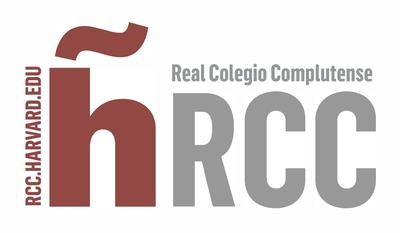Date:
Location:
Social media platforms have become de facto arbiters of freedom of online expression and tend to moderate content based on their understanding of the rights to freedom of speech and of the press, and according to their business goals.
The speakers will first discuss how the American and European Constitutional orders impose barriers to how content can be moderated online, and the ways in which the internal policy decisions of a handful of multinational companies that own social media platforms are redefining what freedom of expression means and the way it is guaranteed online.

In addition, they will discuss what laws and policies are in place in both the United States and Europe that allow governments to influence how platforms moderate content online and how the aforementioned Constitutional constraints determine the actions that can be taken.
Finally, the speakers will discuss what the next policy steps taken by lawmakers at both sides of the Atlantic should be in order, to ensure that the laws that guarantee and protect freedom of expression and of the press online, can respond to the content moderation challenges of today and the future.
Speakers: Dipayan Gosh Posen Fellow, Shorenstein Center for Media, Politics and Public Policy, Harvard University; Amélie Heldt Visiting Fellow, Information Society Project, Yale Law School; Moran Yemini Visiting Fellow, Information Society Project, Yale Law School.
Chair: José Manuel Martinez Sierra Jean Monnet ad Personam Professor in EU Law and Government, Real Colegio Complutense, Harvard University; Local Affiliate, CES, Harvard University; Co-Chair, Southern Europe in the EU Study Grouop, CES, Harvard University; Co-Chair, EU Law and Government Study Group, CES, Harvard University.
Sponsors: RCC; Jean Monnet ad Personam Chair in European Union Law and Government; EU Law and Government Study Group, Minda de Gunzburg Center for European Studies at Harvard University; International Communication Association Communication Law and Policy Division; International Association for Media and Communication Research.
